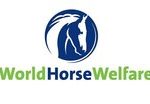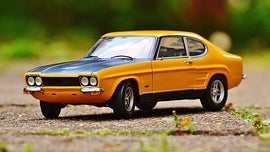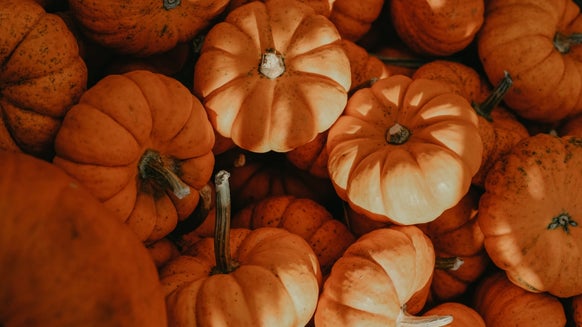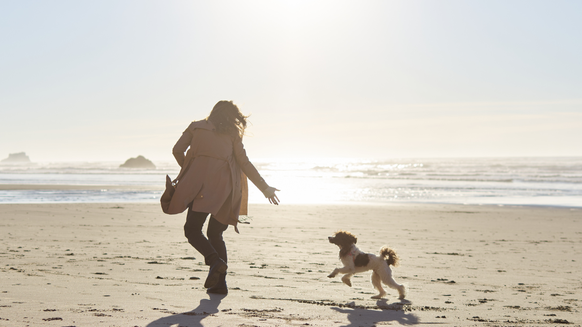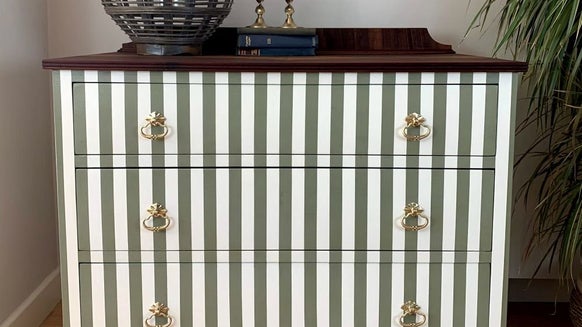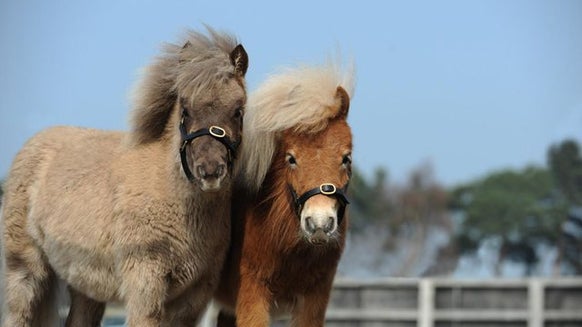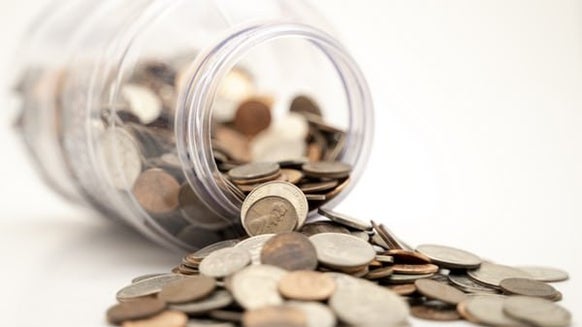ANIMALS
Horse Health – Spotting Sign of Illness and Diseases
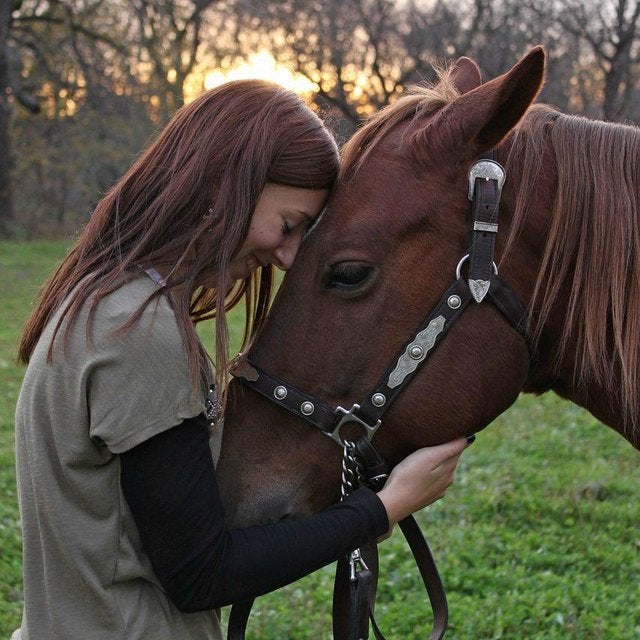
Spotting the signs that your horse or pony is not their usual self can be vital in the early discovery and treatment of many illnesses, diseases and problems. World Horse Welfare’s Deputy Head of UK Support, Sam Chubbock, sets out the regular checks you can make to ensure your equine is always on top form...

Abnormal behaviour can be a key indicator that all is not well with your horse so keep an eye out for them acting out of character. This could be as simple as them appearing more lethargic than usual or standing in an odd posture. However, making sure you know what is normal for your particular horse is key here so you can quickly identify any strange behaviour. Movement. The way your horse moves around should be fluid and relaxed with no stiffness through their legs or body. Some horses, particularly older ones, may take a little while to warm up if they have been stabled or stood still for any length of time, but any lasting stiff legs, awkward movements or lameness should be investigated further. No foot, no horse. Picking out your horse’s hooves daily is not only important for keeping their feet clean and free of any uncomfortable stones but it’s also vital to check for any signs of thrush, abscess, injury or soreness. Nose. Your horse’s nasal passages should be clean and free of any coloured discharge. Coloured, thick or smelly discharge from one or both nostrils can be a sign of infection or irritation or it could be something much more serious like strangles, so it’s important to spot it early. Eating and drinking. A lack of or reduced eating or drinking should always be investigated further as it can be an indicator of illnesses such as colic, but may also mean the horse needs their teeth checking for any sharp edges or infection. Some horses are particularly fussy about the container they will drink from and the taste of the water so if you have recently introduced a new water bucket or moved to a new area these can also be factors in a reluctance to drink. Eyes should be clear, with no swollen areas or discharge. Puffiness in the eyelid or area around the eye could indicate infection or irritation so it is always worth consulting your vet if you are concerned. Wounds are often an obvious cause for concern but can vary greatly in severity depending on the size, depth and where they occur. Although a thorn embedded in a joint may look like a very minor wound, it can cause serious problem. Checking your horse’s legs and body daily for any injuries is key in making sure wounds are given the appropriate treatment as soon as possible. Keeping an eye on what is normal for your horse’s droppings is vital so you can quickly spot signs of a problem. Increasingly runny or hardened droppings can be down to a change in diet or stress levels but may also be a symptom of a digestive upset so should always be monitored and investigated further. Also keep an eye out for any large pieces of forage or fibre in your horse’s droppings which might indicate dental problems. Knowing your horse’s normal resting heart rate, temperature and respiration will give you an immediate indicator that something is not right so make sure you are clear on how to take each measurement and have a note of what is normal so it can be easily compared. Monitoring your horse’s weight is an important factor in keeping them healthy and helping to safeguard them against diseases such as laminitis. A weigh tape with different sides for both horse and pony will help you identify any gain or loss, whilst Body Condition Scoring will help you assess and monitor overall condition.
For more help and advice on horse care visit www.worldhorsewelfare.org/information-and-advice
Founded by Ada Cole in 1927, World Horse Welfare is an international charity dedicated to improving the lives of horses and ponies around the world through education, campaigning and hands-on care.
